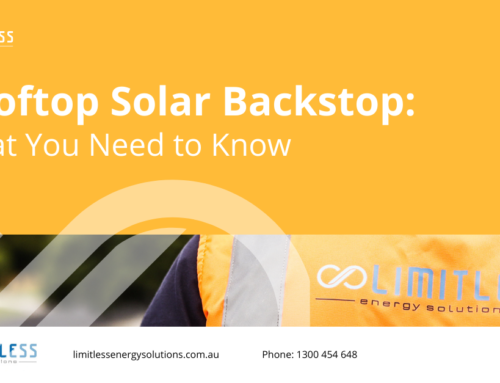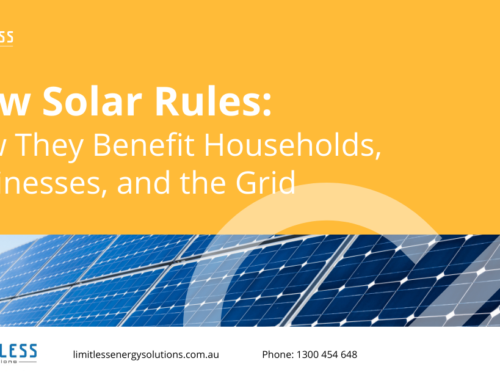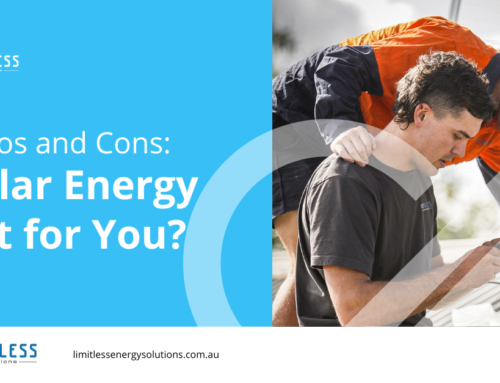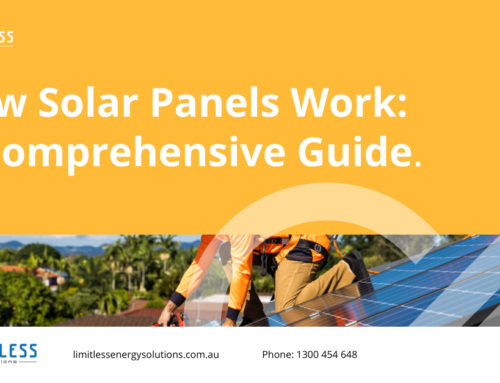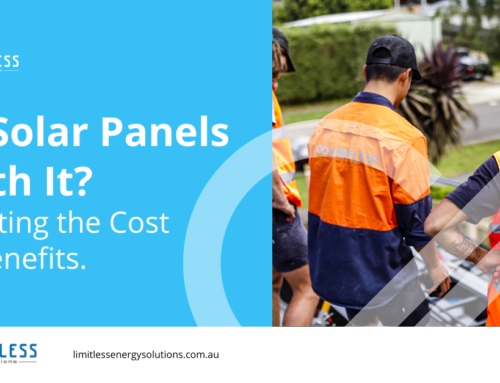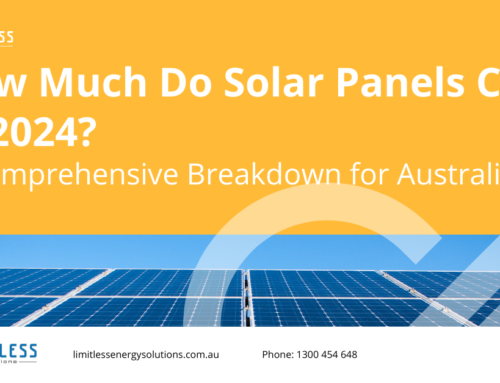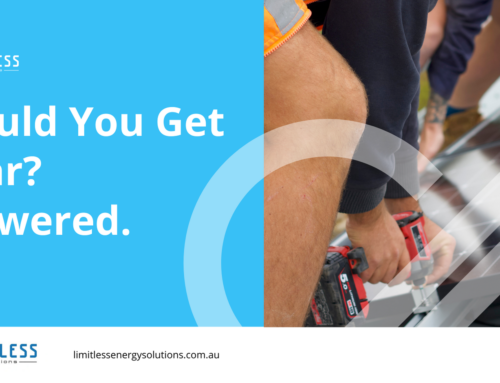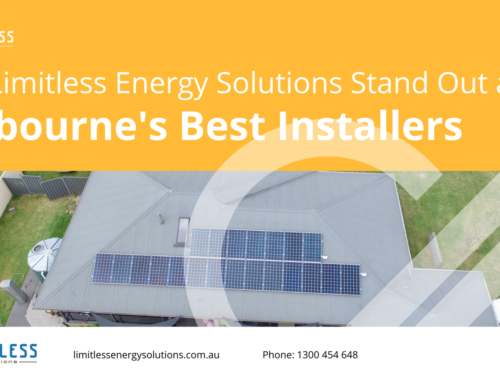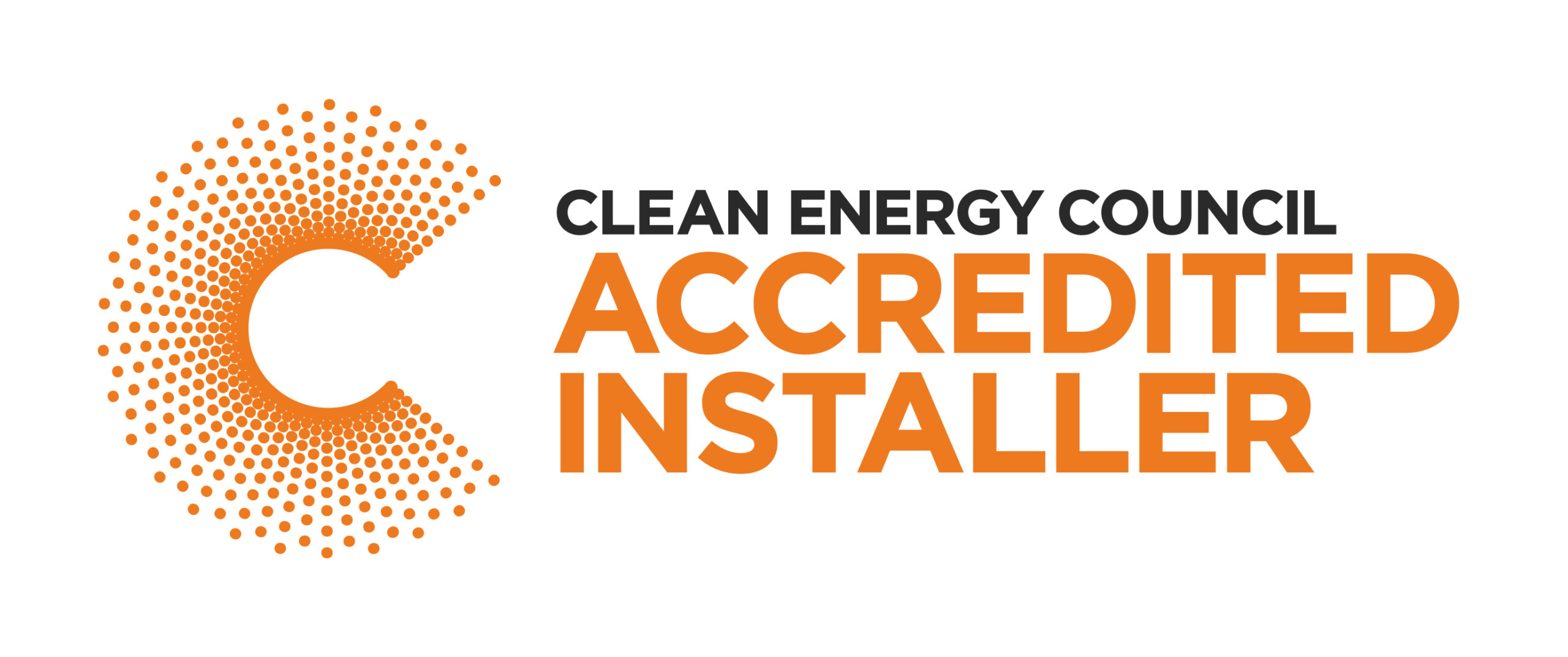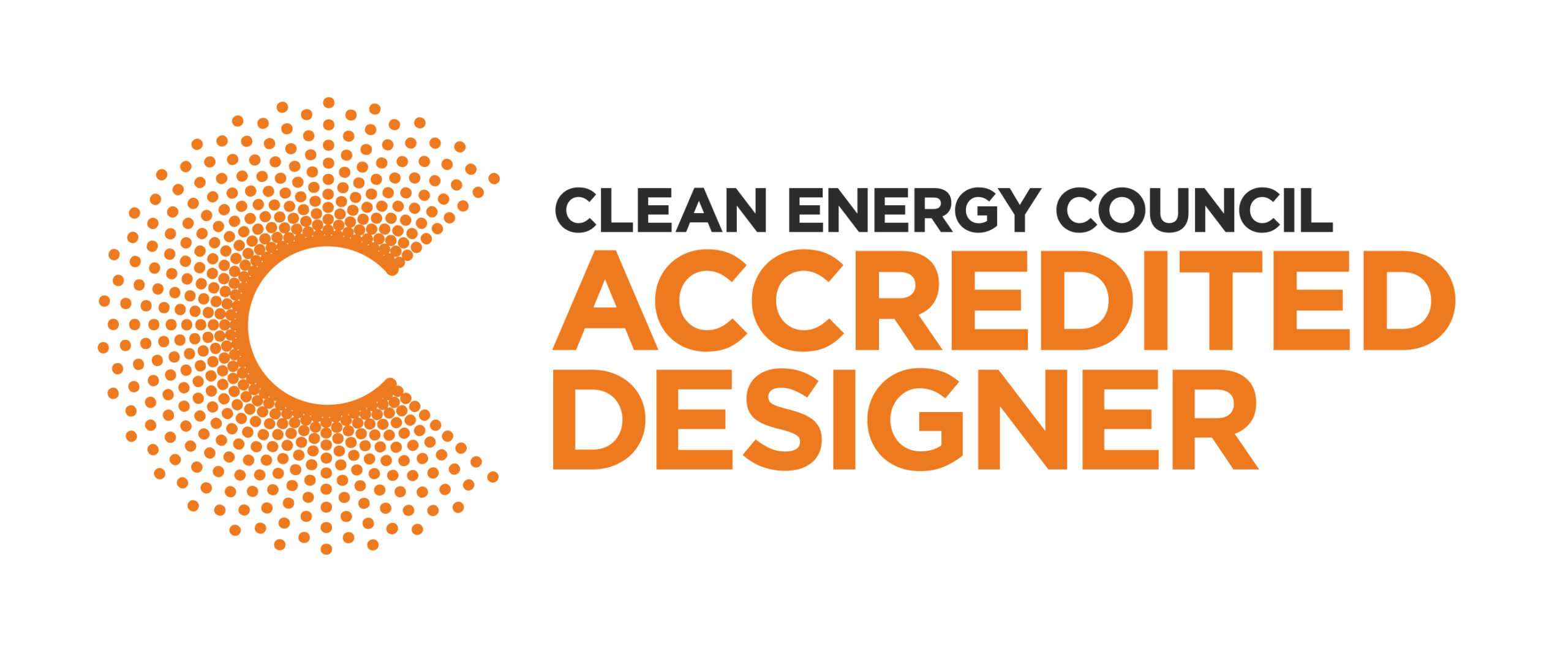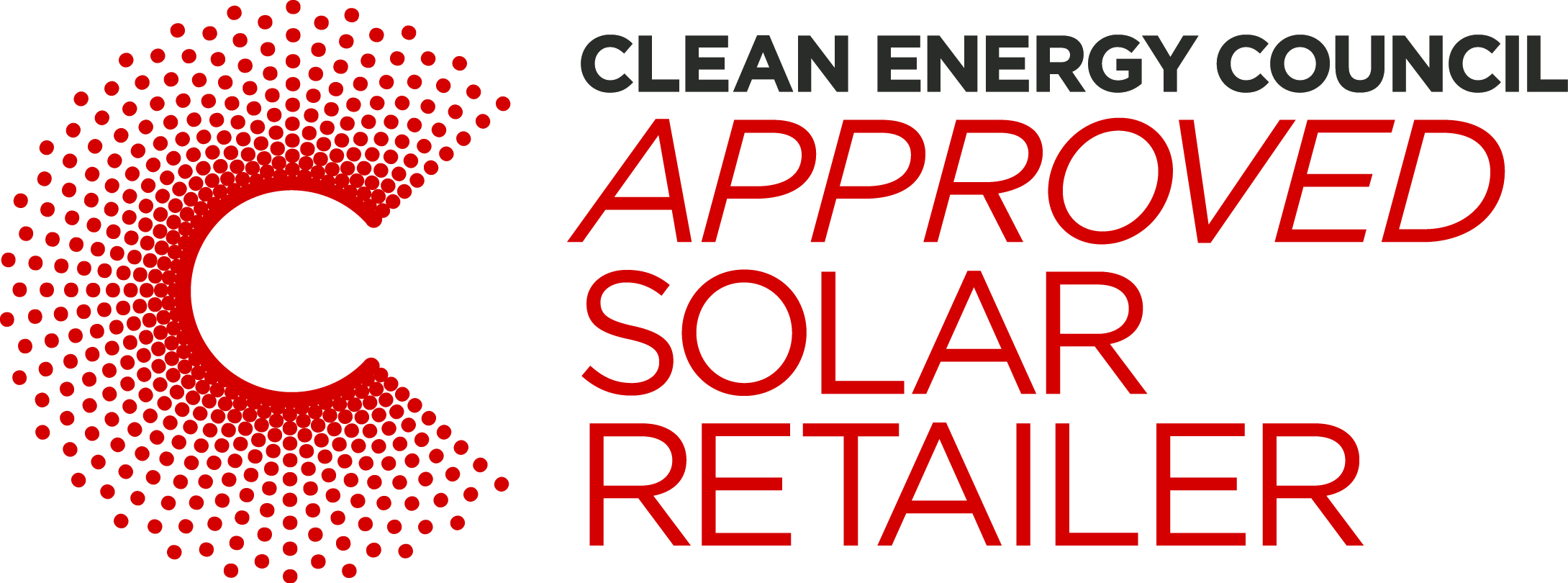As solar energy becomes more accessible and practical, home solar batteries are rising in popularity. These systems store excess energy generated by solar panels during the day, enabling you to use this power at night or during periods when the sun isn’t shining. By integrating a battery, homeowners can maximise their solar energy usage, reducing reliance on the grid and avoiding energy waste.
How Do Solar Batteries Work?
During daylight hours, your solar panels produce electricity—often generating more than your household immediately consumes. Instead of sending this excess power back to the grid, the battery stores it for later use.
When the sun sets or on cloudy days, your battery releases the stored energy, powering your home seamlessly. This process not only reduces electricity bills but also provides greater energy independence.
Do Solar Batteries Provide Backup Power?
It’s a common misconception that all home solar battery systems automatically offer full backup power. The reality depends on the system’s configuration, battery capacit and your household’s energy consumption.
- Partial Backup: Some batteries can power essential appliances like lights, a refrigerator, or Wi-Fi during a blackout.
- Full Backup: Larger systems may support your entire home during outages, but they require careful planning and installation.
To ensure your battery meets your backup needs, it’s essential to work with a trusted installer who understands your energy requirements and can tailor the setup to your home.
AC vs. DC Coupled Systems: Which is Right for You?
When choosing a solar battery, you’ll encounter two main options: AC (Alternating Current) and DC (Direct Current) coupling. Both have their advantages, depending on your solar setup and goals.
DC Coupled Systems:
These systems connect directly to your solar panels and store energy in its DC form, avoiding energy loss from conversion. They are efficient and cost-effective, making them ideal for new installations or off-grid setups.
AC Coupled Systems:
These systems convert solar energy into AC power for immediate use, then back into DC for storage. While slightly less efficient, AC systems are excellent for retrofitting batteries to existing solar panel setups. They also offer more flexibility for future upgrades.
Key Considerations:
- Efficiency: DC systems are generally more energy-efficient.
- Ease of Installation: AC systems are better for adding batteries to an existing system.
- Scalability: AC systems provide more flexibility if you plan to expand your energy storage in the future.
- Understanding Energy vs. Power in Solar Batteries
- Selecting the right solar battery means understanding two critical factors: energy and power.
Why Choose Limitless Energy Solutions?
At Limitless Energy Solutions, we’re committed to helping homeowners make informed decisions about solar batteries. From assessing your energy needs to selecting the right system and ensuring expert installation, we provide end-to-end support for a seamless transition to energy independence.
Transform your home’s energy future with a solar battery system designed just for you. Contact us today to learn more!


